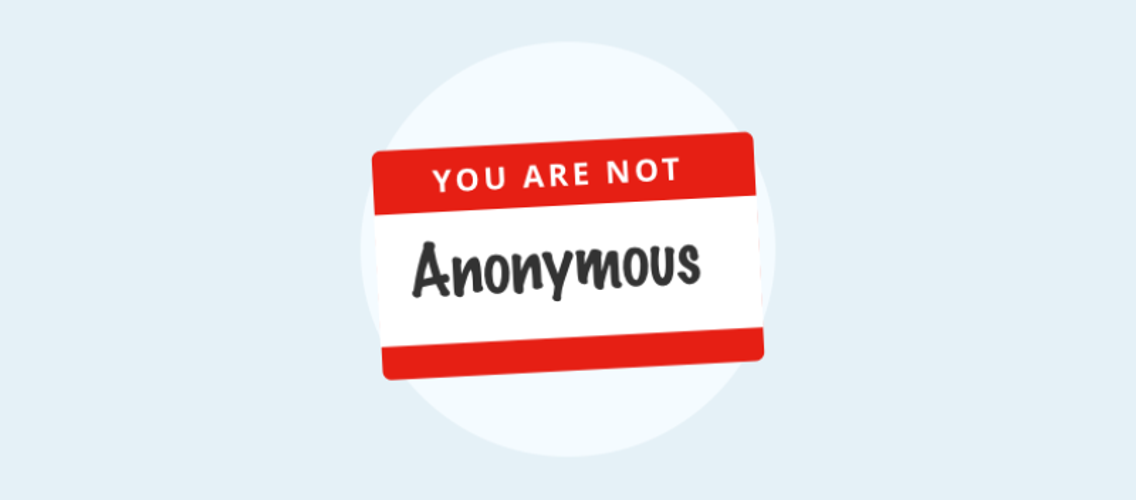Misdemeanor Charges in Florida | Types & Penalties

Types of Misdemeanor Charges in Florida and Their Consequences
Getting arrested for a misdemeanor in Florida can feel overwhelming. Many people assume that misdemeanors are “minor offenses” that don’t have serious consequences. In reality, even a misdemeanor conviction can impact your freedom, reputation, employment, and future opportunities.
Whether it’s a first-time DUI, petty theft, or disorderly conduct, understanding the different types of misdemeanor charges and their consequences—can help you take the right steps. Working with an Experienced Misdemeanor Defense Attorney in Florida is one of the most effective ways to protect your rights and minimize the long-term effects of these charges.
What Is a Misdemeanor in Florida?
Florida divides crimes into two categories: felonies and misdemeanors. While misdemeanors are considered less serious than felonies, they still carry penalties such as jail time, fines, probation, community service, and a permanent criminal record.
Misdemeanors in Florida are typically classified as:
-
First-Degree Misdemeanors – The most serious level of misdemeanor, punishable by up to 1 year in jail and a $1,000 fine.
-
Second-Degree Misdemeanors – Less serious but still significant, punishable by up to 60 days in jail and a $500 fine.
Regardless of the degree, having a misdemeanor conviction can affect your ability to get a job, secure housing, or even apply for certain professional licenses. That’s why consulting a criminal law attorney in Fort Pierce, FL is so important if you’re facing charges.
Common Types of Misdemeanor Charges in Florida
Here are some of the most common misdemeanor offenses under Florida law:
1. DUI (Driving Under the Influence)
Even a first DUI is considered a serious misdemeanor. Consequences may include license suspension, fines, probation, community service, or even jail.
2. Petty Theft
Shoplifting or stealing property valued at less than $750 is typically classified as petty theft. While it may seem minor, a theft conviction can hurt your criminal record permanently.
3. Disorderly Conduct
Acts like public intoxication, fighting in public, or creating disturbances can result in disorderly conduct charges.
4. Simple Battery
Unwanted physical contact, even without serious injury, may be charged as misdemeanor battery.
5. Possession of Marijuana (under 20 grams)
In Florida, possessing small amounts of marijuana is still a misdemeanor, punishable by jail time and fines.
6. Trespassing
Entering or remaining on someone else’s property without permission is often prosecuted as a misdemeanor.
7. Driving with a Suspended License
Operating a vehicle on a suspended license is another common misdemeanor offense in Florida.
The Consequences of a Misdemeanor Conviction
Even though misdemeanors carry lighter penalties than felonies, their impact is long-lasting. A conviction may lead to:
-
Jail or probation sentences
-
Mandatory classes, counseling, or community service
-
Loss of driving privileges (in DUI cases)
-
A permanent criminal record visible on background checks
-
Difficulty obtaining jobs, housing, or professional licenses
-
Immigration issues for non-citizens
Because of these consequences, it’s critical to consult an Experienced Misdemeanor Defense Attorney in Florida who can build a strong defense and, when possible, seek alternatives such as dismissal, diversion programs, or record sealing.
Why Legal Representation Matters
Many people mistakenly believe they can handle a misdemeanor charge on their own. But even small mistakes in the legal process can lead to serious outcomes. A skilled criminal law attorney in Fort Pierce, FL can:
-
Review evidence for weaknesses in the prosecution’s case
-
Challenge illegal searches or improper police procedures
-
Negotiate for reduced charges or alternative sentencing
-
Protect your criminal record through expungement or sealing (when eligible)
-
Provide strong advocacy in court
Having the right defense strategy can make the difference between a conviction that follows you for life and a favorable resolution that protects your future.
Protecting Your Future After a Misdemeanor Charge
If you’ve been charged with a misdemeanor in Florida, don’t take it lightly. Even a “minor” offense can leave a permanent mark on your life. The sooner you consult an attorney, the better your chances of avoiding harsh consequences.
📍 Office Address: 130 S Indian River Dr suite 202 office 218, Fort Pierce, FL 34950, United States
📞 Phone: 772-828-1143
📧 Email: matzar@bellsouth.net
Contacting an Experienced Misdemeanor Defense Attorney in Florida ensures that your case is handled with the seriousness it deserves.
Frequently Asked Questions (FAQs)
1. What is the difference between a misdemeanor and a felony in Florida?
A felony carries harsher penalties, including prison time over a year, while a misdemeanor carries lighter penalties but can still result in jail, fines, and a permanent record.
2. Can a misdemeanor conviction be removed from my record?
Some misdemeanor charges may be eligible for record sealing or expungement, depending on the case. Consulting a criminal law attorney in Fort Pierce, FL can help you understand your options.
3. Do I really need a lawyer for a misdemeanor charge?
Yes. While misdemeanors may seem minor, they can have long-term effects on your life. An Experienced Misdemeanor Defense Attorney in Florida can protect your rights and seek the best possible outcome.



